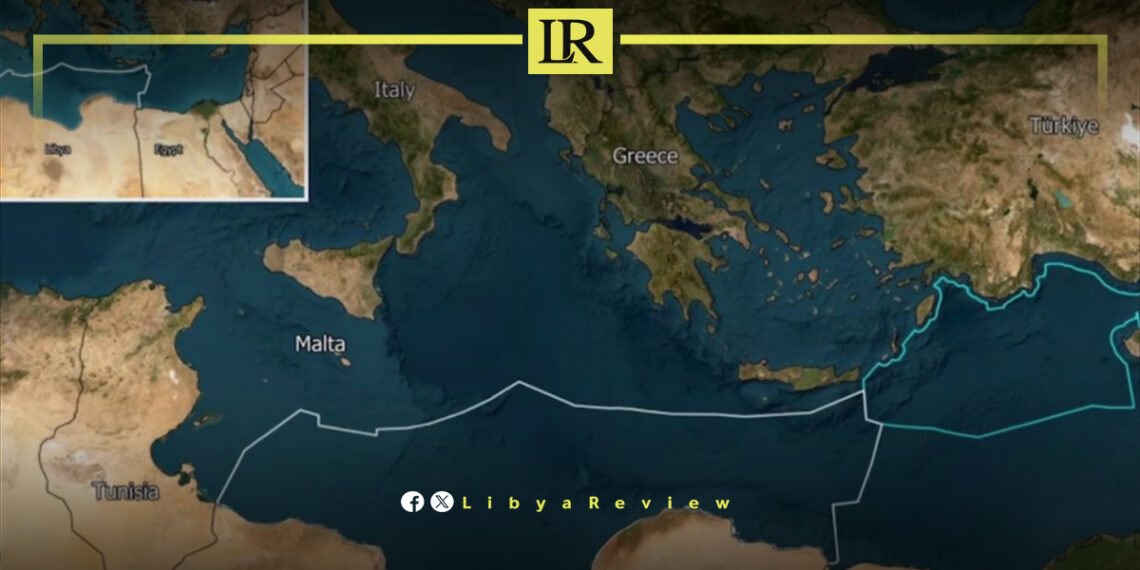Malta has entered the eastern Mediterranean maritime dispute, siding with Greece against Libya and Turkey over contested economic zones. According to Greek daily To Vima, Valletta issued two formal diplomatic protest notes to Libya’s Government of National Unity (GNU), rejecting the maritime map and coordinates it submitted to the United Nations on May 27.
Malta’s first note declared Tripoli’s claims “completely unacceptable,” accusing Libya of unilaterally moving the median line northward to Malta’s detriment and of ignoring island territories, thereby distorting the process of delimitation.
The second note was triggered by a July agreement between Libya’s National Oil Corporation (NOC) and Turkey’s state-owned energy company, which granted Ankara four offshore exploration blocks. Malta demanded the exclusion of part of Block 1, claiming it overlaps with its continental shelf, and urged Libya to halt any seismic or geological surveys in the contested zone.
These moves highlight Malta’s growing concern over energy exploration rights in the central Mediterranean. They also add a new layer of pressure on Libya, which already faces disputes with Greece over its 2019 maritime memorandum with Turkey, a deal Athens considers legally void.
Diplomatic engagement has intensified in recent weeks. Libya’s acting foreign minister Taher Al-Baour visited Valletta last week, where the two sides agreed to begin negotiations on maritime boundaries. According to To Vima, talks also left open the possibility of involving a third mediator, such as Italy or Tunisia. Al-Baour later traveled to Athens, meeting Greek Foreign Minister Giorgos Gerapetritis, while Libyan Reconstruction Fund head Belgasem Haftar also held talks with Greek officials.
On Sunday, Greek Prime Minister Kyriakos Mitsotakis announced that the first meeting of technical committees between Greece and Libya took place in Athens, with a follow-up session scheduled in Tripoli. Analysts say the dispute could ultimately reach the International Court of Justice in The Hague, potentially revisiting the legality of the Turkey-Libya maritime memorandum.


